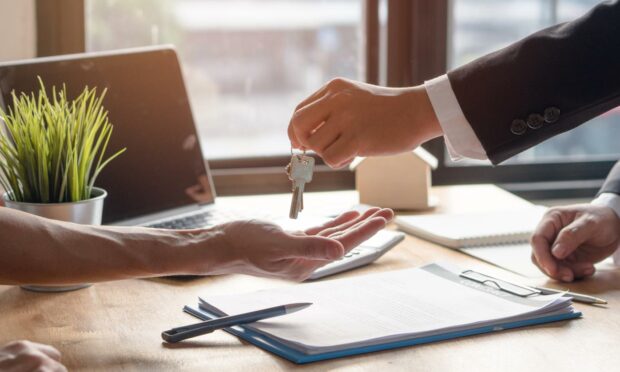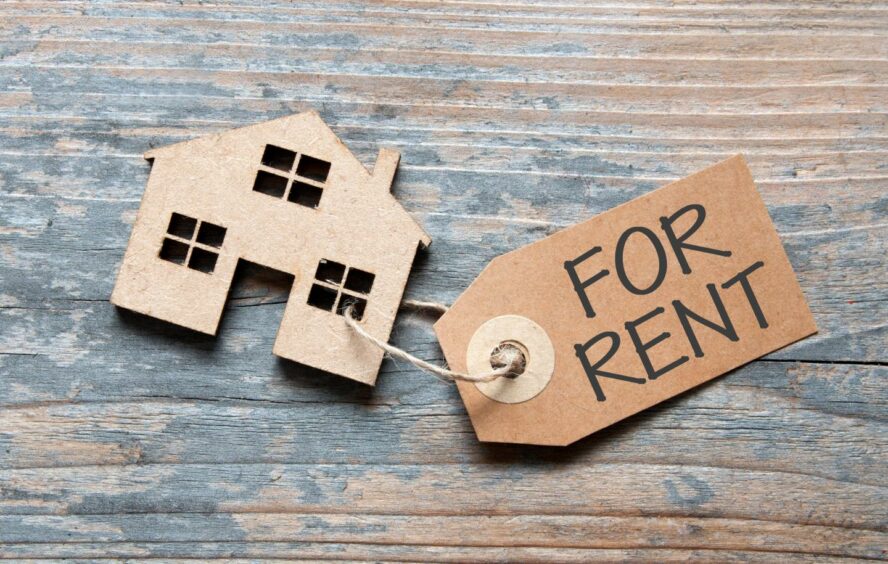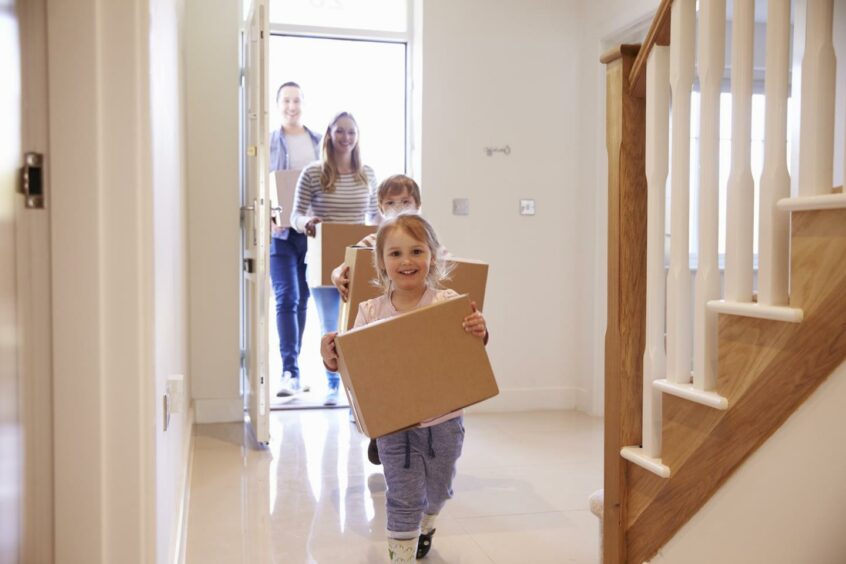With demand for rental properties exceeding supply across the north-east, local property expert Adrian Sangster is encouraging people to consider becoming landlords.
In this opinion piece, the leasing director at Aberdein Considine says that there is plenty of help at hand to support people to rent out their homes.
Adrian Sangster
With life gradually returning to some form of normality, we are also seeing the economy starting to operate fairly close to what we knew pre-Covid.
During the pandemic we saw unusual patterns arise in various parts of the economy and that includes the private rental sector (PRS).
The last 18 months or so has seen activity in the rental market explode with demand exceeding supply throughout this time.
In the north-east we have experienced properties being rented out almost as soon as they hit the market with family and larger-sized homes in particular demand.
So you might say that prospect of being a landlord is all sunshine and roses? Well, not quite.
For many who were furloughed or at the risk of losing their jobs, being able to maintain their rent payments has become a big concern and of course for those who can’t pay, this affects landlords, some of whom rely on rent as part of their normal income.
And indeed, it’s fair to say that, in the main, most landlords are not the multi-property-owning millionaires, but simply someone who, for example, may have inherited a small property and is renting it out.
In view of this, the government has been trying to find ways to provide support for both landlords and tenants, and for landlords, this has meant an increase in regulatory burdens, on top of those laws and regulations they have to meet normally.
With Scotland having just hosted COP26, the environment and sustainability is top of the agenda, and a new strategy announced by the Scottish Government requires over a million homes to convert to zero emissions by 2030 – and this includes all properties in the private rented sector.
In short, all PRS properties must meet EPC band C by 2028.
Of course, this means that there will be some costs, however there are a number of financing options available to landlords depending on the circumstances, and further advice can be provided by Home Energy Scotland.
Given this situation, as well as the ongoing regulations, being a landlord, on the face of it, might be looking less attractive.
That, however, should not be the only consideration.
On one side, we know that there will always be some costs involved in becoming a landlord and looking after a property.
And yes, it’s true that the rules and laws around renting out a property can be complex.
But there are also significant upsides.
Firstly, it remains the case that the PRS forms an absolutely critical part of the housing mix in Scotland, and there will inevitably be a regular tenant demand for homes that are fairly priced and well-presented over the longer term.
In addition, owning a property and renting it out not only provides an income but you can benefit from any house price growth.
Let’s face it – bricks and mortar have always been considered a fairly low risk investment.
Finally (but not limited to), demand is currently very high for rental properties and there is no immediate sign that this is likely to fall significantly in the near to mid-term.
Furthermore, there is plenty of help and guidance to help you if you are considering becoming a landlord.
Using a qualified letting agent, for example, to help you manage both the relationship with the tenant and ensure you are meeting all of your legal obligations can be a useful and cost effective option.
Also, at Aberdein Considine we offer a rental guarantee scheme which secures your rental payments if for any reason there are issues with a tenant, and can also cover various legal costs involving tenant complications.
So if you are in the fortunate position of owning a second property and have considered letting this out, why not look into it.




